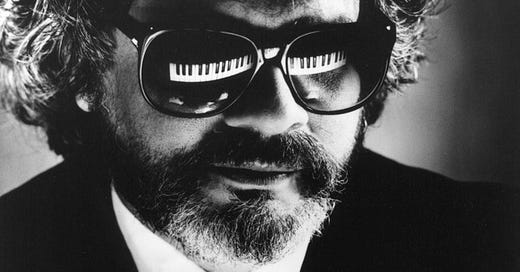The Al Kooper Interview
The major companies, they all have a policy of getting away with as much murder as they can. And it's always been that way.
Keep reading with a 7-day free trial
Subscribe to The Joker and the Thief — Newsletter to keep reading this post and get 7 days of free access to the full post archives.



